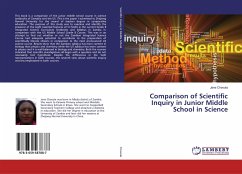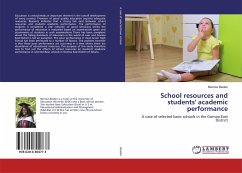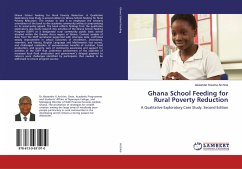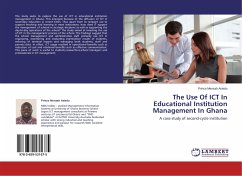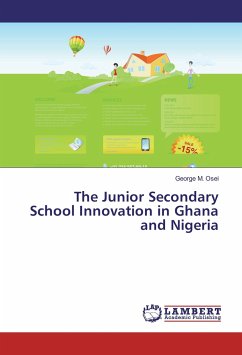
The Junior Secondary School Innovation in Ghana and Nigeria
Versandkostenfrei!
Versandfertig in 6-10 Tagen
19,99 €
inkl. MwSt.

PAYBACK Punkte
10 °P sammeln!
This research was a pragmatic response to the debates which followed the introduction of a new secondary system in Ghana and Nigeria and it is intended to investigate the reform during its life cycle in Ghana between 1974 and 1987 and in Nigeria between 1982 and 1985 to see how much foundation there was for the doubts being expressed. The reform was designed as a complex package offering an integrated approach to change educational values, orientation and learning outcomes. The changes subsumed in each aspect of the reform have far-reaching implications for the entire education system. Especia...
This research was a pragmatic response to the debates which followed the introduction of a new secondary system in Ghana and Nigeria and it is intended to investigate the reform during its life cycle in Ghana between 1974 and 1987 and in Nigeria between 1982 and 1985 to see how much foundation there was for the doubts being expressed. The reform was designed as a complex package offering an integrated approach to change educational values, orientation and learning outcomes. The changes subsumed in each aspect of the reform have far-reaching implications for the entire education system. Especially one element, the vocationalised curriculum, caused immediate concern at the time because of the discouraging evidence of similar previous attempts in both Ghana and Nigeria and other countries. Further concern was on the changes in the examination system and the introduction of guidance and counselling. There is overwhelming evidence to show that by the end of its second cycle in December 1999 in Ghana and also in Nigeria its second cycle in September 1989 none of the JSS innovation components had been in any way implemented.







